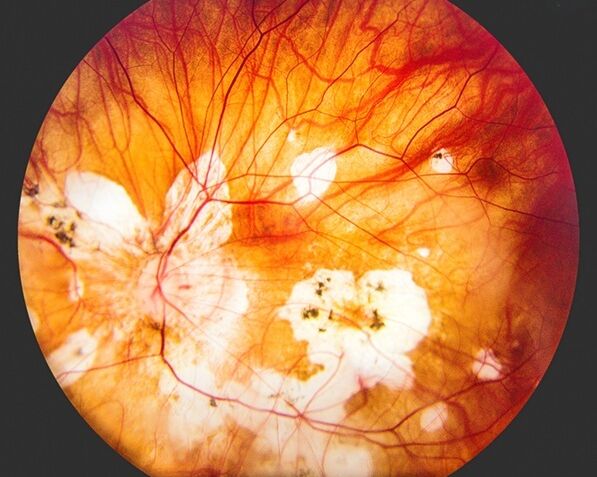Greater genetic diversity needed to widen genomics benefits in cancer care

Greater diversity is needed in genetic research to make genomics’ use in cancer care and screening more accurate and reliable for all, according to a new study.
The research, led by Genomics England and published in The Lancet Oncology, analysed the data of over 14,000 participants with cancer from the 100,000 Genomes Project to examine how ancestry affects identifying genetic changes that may be linked to cancer. It showed that fewer actionable genetic changes – those that can be targeted for treatment – were identified in those from non-European backgrounds. Whole genome sequencing was not able to find treatment-relevant findings for 26% of participants of South Asian ancestry compared with 16% of European ancestry.
One possible explanation for this put forward by the research team is that limited genetic research involving diverse populations means genetic changes commonly found in non-Europeans are less studied. This makes it more difficult to separate truly harmful gene changes from the harmless ones.
Some gene changes running in families can increase the risk of getting cancer, such as the BRCA1 gene. Identifying people who are more susceptible to developing certain types of cancer makes it easier to prevent or diagnose the condition earlier, which is vital to improving patient outcomes. The study tested the capabilities of the genomics pipelines used in England to find those changes for people of different ancestries. While the pipelines demonstrated a strong ability to do this, people of non-European ancestry background had more of these changes flagged – although some were unlikely to be linked to cancer as they were common genetic changes among these groups.
The study is the first to examine the role of ancestry within genetic screening and targeted treatment within a national cancer sequencing programme.
“It’s vital that people from all backgrounds can benefit equally from genetic screening and tailored cancer treatment, so that existing health inequalities aren’t worsened.
“Genetic research needs to be more representative of the world’s population if we want to help make our understanding of cancer and treatment more reliable for everyone. Our Diverse Data initiative is improving equity in health research and aiding improved patient outcomes in genomic medicine for minoritised communities.”
Professor Karoline Kuchenbaecker
Scientific Lead for Diverse Data at Genomics England and lead author of the paper
“This is an important study demonstrating that a lack of non-European ancestry data has a direct clinical impact on patients. It is a proven issue that must change, especially when we consider that if this research looked beyond continental ancestry the inequalities highlighted would likely be even more extensive.
“It’s critical that collectively we increase our understanding of cancer genetics and their influence on treatment outcomes in non-Europeans. This research also shows the need to continue collecting more data on the variety of genetic differences that exist so that we can bridge the gaps between people from different backgrounds.”
Professor Matt Brown
Chief Scientific Officer of Genomics England and paper author
Most research to date on genetic screening and targeted cancer treatment is based on the data of White participants from European backgrounds. Other large studies looking at ancestry differences in cancer sequencing have suffered from underrepresentation of minority ethnic groups and reported more ambiguous results for Black and Asian individuals when it came to identifying genetic changes linked to cancer.


